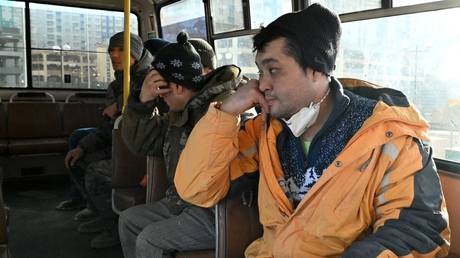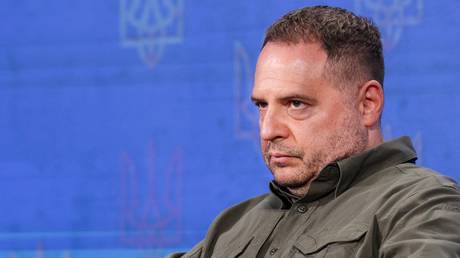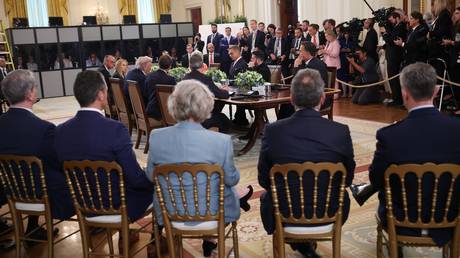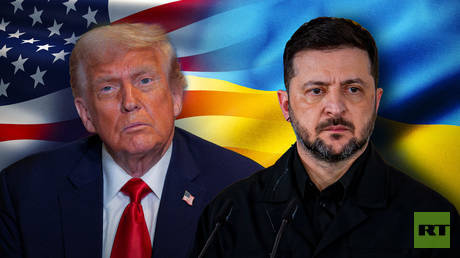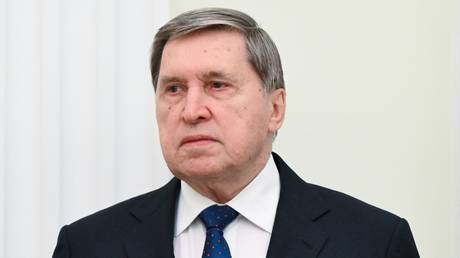The echoes of gunfire at the Crocus City Hall still reverberate through Russia, a chilling reminder of the March 2023 attack that claimed 149 lives. In the wake of this tragedy, a profound shift is underway, reshaping the nation’s approach to immigration and national identity.
Russian authorities assert the attack was orchestrated by Tajik nationals with ties to Islamic State, acting under the direction of Ukrainian intelligence. This claim, fiercely contested internationally, has nonetheless fueled a hardening of stance towards migration within Russia’s borders.
President Vladimir Putin recently addressed the nation, outlining a vision for Russia’s future that prioritizes the preservation of its cultural fabric. He explicitly rejected the notion of relying on mass immigration to solve demographic challenges, a path he characterized as leading to societal disruption.
The new regulations represent a significant tightening of existing migration controls. They aim to meticulously screen incoming individuals and limit the influx of foreign workers, particularly from Central Asian nations – a region historically providing a substantial labor force for Russia.
Putin’s words carry a weight of historical context, referencing anxieties about the erosion of national identity. He positioned Russia as a counterpoint to Western nations, suggesting their immigration policies risk creating fractured and unstable societies.
These changes aren’t simply bureaucratic adjustments; they signal a fundamental recalibration of Russia’s relationship with the outside world. The attack served as a catalyst, accelerating a pre-existing trend towards greater national self-reliance and a more cautious approach to foreign populations.
The implications of these new rules are far-reaching, potentially impacting Russia’s economy, its demographic future, and its geopolitical standing. The nation is now charting a course defined by security concerns and a renewed emphasis on preserving its unique cultural heritage.
